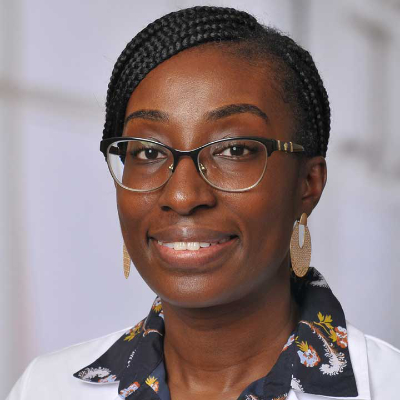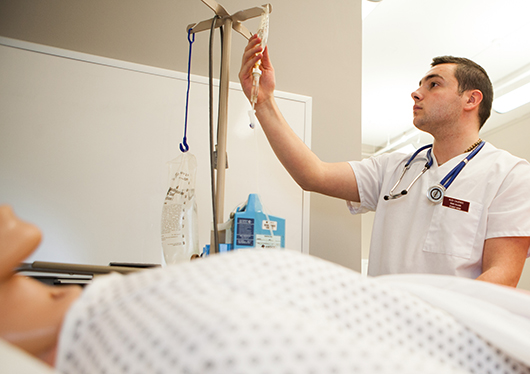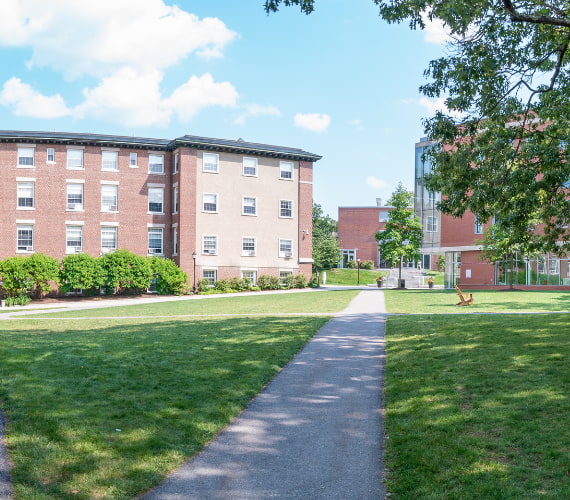Surgical Oncologist Samilia Obeng-Gyasi talks with Regis College Assistant Professor Lawana Brown about racial disparities in breast cancer treatment.
 “Toxic” is a word we hear often today beyond its scientific connotation, but oncologist Samilia Obeng-Gyasi applies it in an entirely different realm. “My research is focused on examining how social determinants of health and financial toxicity affect clinical outcomes among breast cancer patients,” she explains on her web page of The Ohio State University Comprehensive Cancer Center. “I perform breast conservation surgeries (lumpectomies, partial mastectomies, etc.) using hidden scar and oncoplastic techniques. I also perform nipple-sparing mastectomies. I am passionate about making sure my patients have the best oncologic outcomes with great cosmetic results. I believe in taking a patient-centered approach in the management of breast cancer.”
“Toxic” is a word we hear often today beyond its scientific connotation, but oncologist Samilia Obeng-Gyasi applies it in an entirely different realm. “My research is focused on examining how social determinants of health and financial toxicity affect clinical outcomes among breast cancer patients,” she explains on her web page of The Ohio State University Comprehensive Cancer Center. “I perform breast conservation surgeries (lumpectomies, partial mastectomies, etc.) using hidden scar and oncoplastic techniques. I also perform nipple-sparing mastectomies. I am passionate about making sure my patients have the best oncologic outcomes with great cosmetic results. I believe in taking a patient-centered approach in the management of breast cancer.”
For the director of the Regis College women's health nurse practitioner program Lawana Brown, whose family members have grappled with breast cancer, access to quality care is personal as well as professional. Her conversation with Dr. Obeng-Gyasi focuses on what every woman, but particularly women of color, needs to know in navigating our inherently unequal healthcare system.



